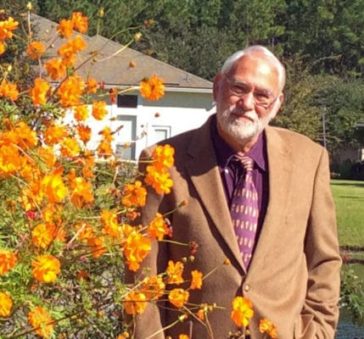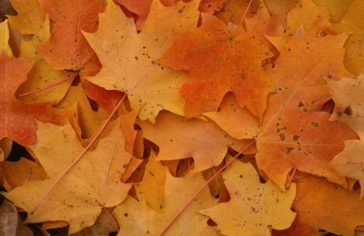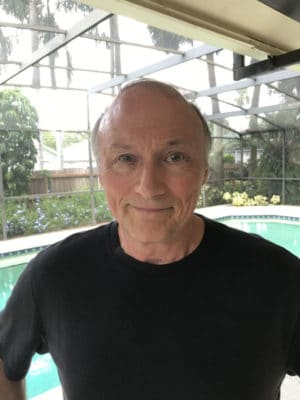How Long Is My Chapter?
Chapters of twenty to thirty pages used to be the adult fiction norm. When I started attempting to write novels, I crafted long chapters—and proud of it. Guess what. Nowadays I’m cutting those long chapters by half, thirds, and sometimes even by quarters. What changed? I think technology transformed reading habits. When I was learning to write, transitions were a big deal. Writers were advised never to change a scene, setting, or time period without preparing the reader with a … Read More »






